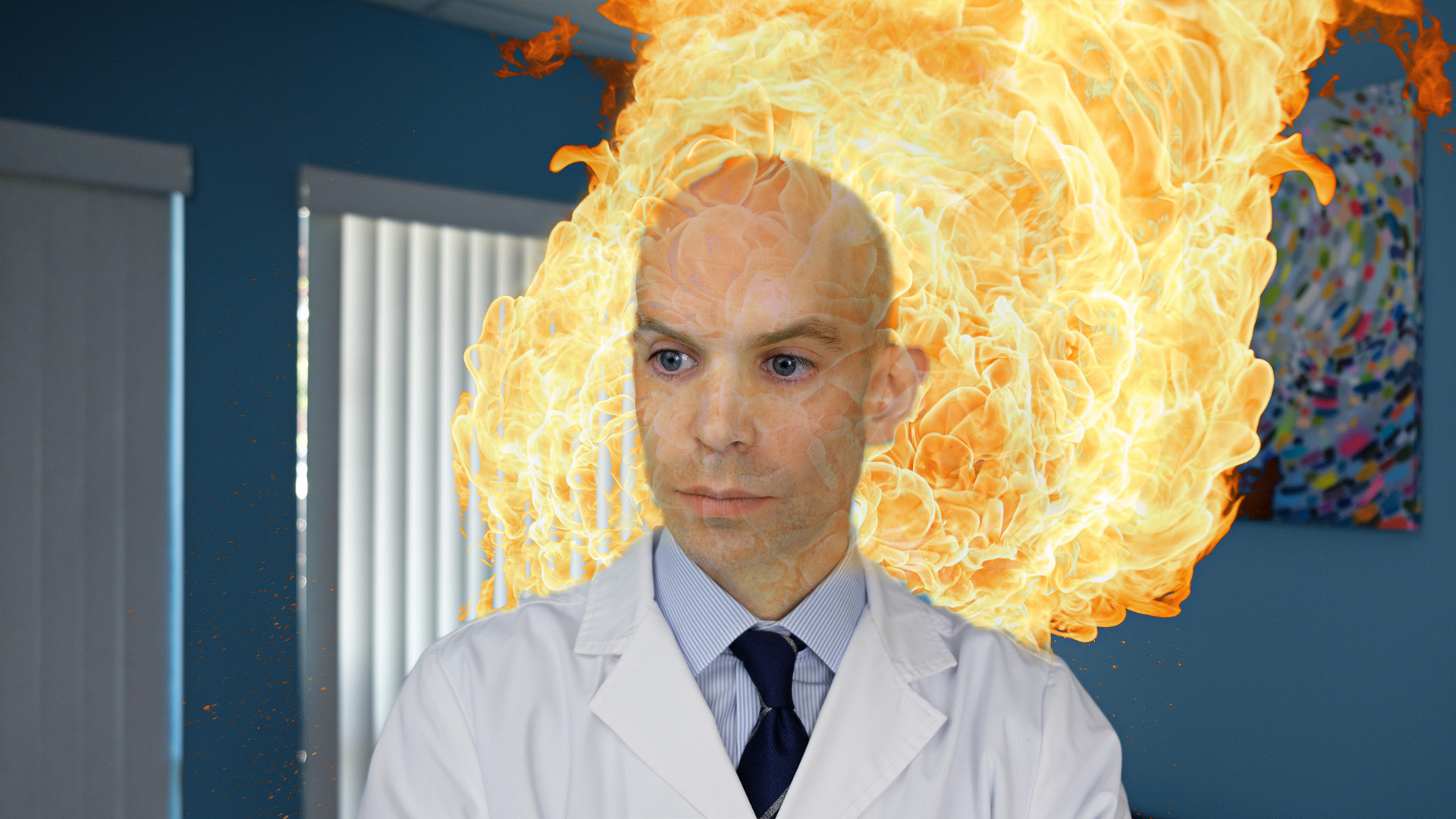Burnout is the condition of mental and emotional fatigue brought on by repeated workplace stress. However, doing hard work or working long hours does not produce burnout alone…if anything, working hard can sometimes prevent feeling the lack of purpose that defines burnout!
For burnout to occur, usually a few things have to happen:
- The worker needs to be asked repeatedly to complete tasks that conflict with his or her sense of self.
- There is a loss of control by the worker about how their work is done.
- There is little or no perceived purpose of the work.
When a person is “burnt out” the symptoms include depression, apathy, lethargy, and cynicism about their job. These negative emotions often spill over into their personal lives also.
Most notably, true burnout also implies a reduced ability to function in the workplace. There is a reduced sense of accomplishment and a feeling of futility about the job. This negatively affects workplace productivity and leads to errors and carelessness, because a burnt out worker doesn’t care anymore by definition. They feel helpless, trapped, and broken.
Unfortunately, in the field of medicine today, it is estimated that 35-54% of doctors and nurses are burnt out. The above video is a quick story about my feelings of burnout, which was one of the big reasons why I quit the job that was burning me out, and went into solo practice.
I am much happier now, and although I am still practicing medicine in the same system (the crazy US healthcare system), I now have control over my life and those feelings of apathy and hopelessness are GONE!
If you are burnt out, you can do the same thing! It’s very hard to think about this when you are deep in the hole of depression from endless and thankless work, but if you start slowly taking back control over your life, you can start climbing up and actually get yourself out of the hole very soon!
